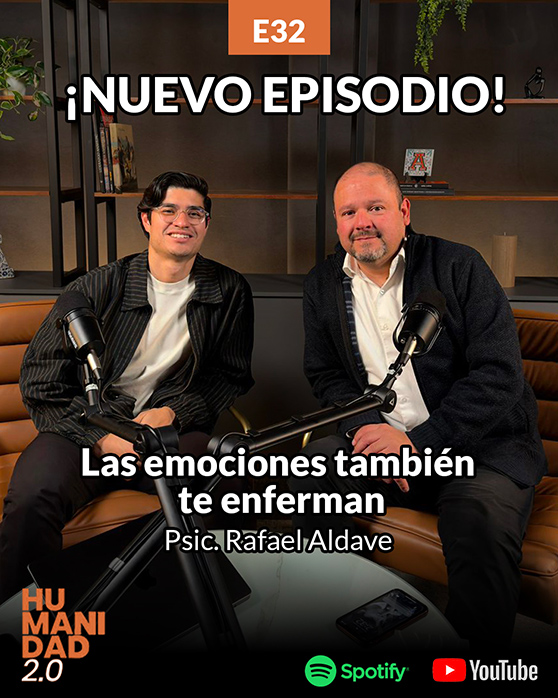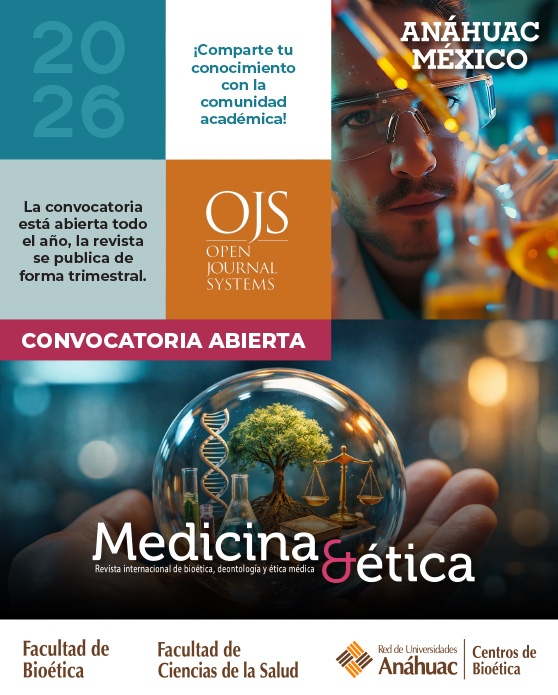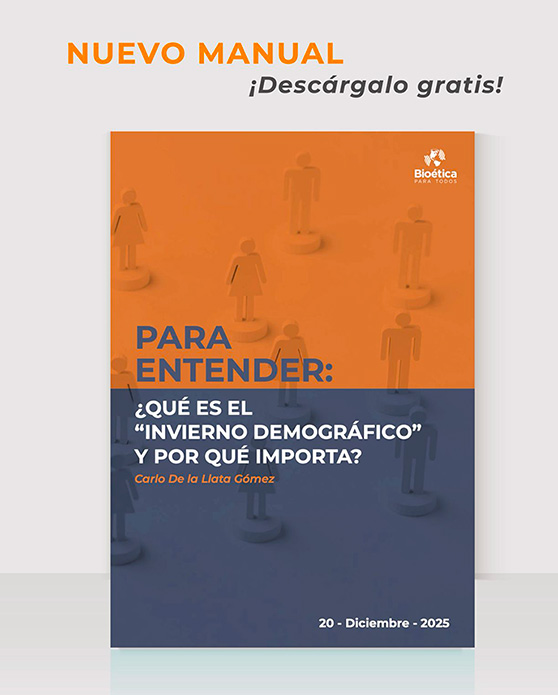
September 19, 2025
Author: Juan Manuel Palomares Cantero
Versión en español
How fragile is our ability to live alongside those who think differently? The question is uncomfortable, but it cuts through contemporary public life. We live in societies where disagreement is no longer always resolved with arguments, but with disparagement, cancellation, and even violence. The common space—meant to be a place of encounter—has been turning into a symbolic battlefield where every voice seems forced to take sides.
Democracy, in theory, is nourished by plurality. In practice, plurality unsettles: it requires us to listen to what contradicts our certainties, to tolerate interruptions that break routine, and to accept that unanimity is more illusion than reality. Faced with that discomfort, the responses tend to oscillate between imposed silence and dead-end confrontation.
What is at stake is not only how we manage disagreements, but the very viability of coexistence itself. Can we sustain a common life without renouncing the diversity that defines us? Will we be capable of choosing words over shouts, listening over hostility? These questions are the starting point for an urgent reflection on dialogue, freedom, and tolerance in times marked by polarization.
The Case of Charlie Kirk and Its Symbolism
Charlie Kirk was an activist who, in just a few years, built a platform with a major presence in U.S. public life. As founder of Turning Point USA, he connected with young people and very diverse audiences thanks to a direct style and a constant presence in media and social networks. That broad reach made him a reference point for some and a target of criticism for others, until he became a symbol of his time. As Paul Ricoeur reminds us in The Course of Recognition, every public identity is played out between being recognized and being denied; Kirk embodied that tension with striking clarity.
His assassination in September 2025 can only be understood against the backdrop of a society on edge. Issues such as abortion, identity, migration, religion, or freedom of expression became trenches where nuance gives way to slogans. Because of his visibility, Kirk came to represent, for some, a cause to defend and, for others, an agenda to fight. John Locke had already warned in A Letter Concerning Toleration that denying legitimacy to another’s conscience drives us toward imposition and conflict: when disagreement is no longer worked through in speech, public life degrades and everyone loses.
The symbol, however, is not exhausted by a biography. What his death lays bare is a deficit of encounter: a social difficulty in sustaining disagreements without breaking the bond. Martin Buber put it in I and Thou: the “I” is fulfilled only in encounter with a “Thou.” When the other is reduced to a label or a side, the common space shrinks and conversation becomes impossible. Therefore, beyond the sympathies or antipathies his figure may have stirred, the case challenges us to recover a pending task: to regain the capacity to listen and to speak without nullifying our interlocutor. At stake is not only the memory of an activist; it is the viability of dialogue as the minimum basis for living together in plural societies.
Dialogue as a Human Need
From the beginning, the human being is defined as a being-in-relation. No one explains themselves in isolation, because identity is shaped in contact with others: in the word that affirms, in the objection that challenges, in the gaze that recognizes us. Dialogue is therefore not a secondary resource, but the very sphere in which we discover ourselves as persons and bond with others. Martin Buber expressed it powerfully in I and Thou: the “I” reaches fullness only when it opens itself to encounter with a “Thou.” Wherever that exchange is interrupted, human experience is impoverished and social life fragments.
Authentic dialogue cannot be reduced to superficial conversation. It implies a shared search for meaning. Jürgen Habermas emphasized in The Theory of Communicative Action that the legitimacy of norms arises only from “practical discourse” among free and equal interlocutors. In bioethical terms, Diego Gracia reminded us in Fundamentals of Bioethics that listening and being listened to is part of the core of human dignity: it is a right that underpins the possibility of trust, cooperation, and building common projects.
History shows how recourse to dialogue has averted confrontations and opened paths to reconciliation. The processes of political transition after authoritarian regimes, the pacts that ended internal conflicts, and the international consensuses in defense of human rights all exemplify how words can open wider horizons than imposition ever could. Hans-Georg Gadamer, in Truth and Method, summed it up by affirming that true dialogue requires openness and a willingness to be questioned by what the other says. When that attitude is sustained, even the deepest disagreements can become opportunities for learning. Cultivating dialogue, therefore, is not a luxury, but a necessary condition for sustaining plural societies that aspire to justice and peace.
Freedom of Expression and Diversity of Opinions
Freedom of expression is an indispensable foundation of any democratic society. It is not limited to allowing someone to speak without censorship; it guarantees that each person can voice their convictions in the public square without fear of reprisals. This right opens the door to an active citizenry capable of questioning, demanding accountability, and proposing alternatives. As Elio Sgreccia notes in his Manual of Bioethics, to respect another’s words is to respect their inner life; restricting them is tantamount to emptying their presence in the community of meaning. Wherever the voice is limited, democratic life becomes fragile and dependent on conformism.
A plurality of opinions does not divide us; it is the true engine of human progress. Science advances through the testing of competing hypotheses; politics is enriched when rival projects force compromise; culture flourishes when it integrates diverse perspectives. Emmanuel Mounier recalled in Personalism that the person is not enclosed within themselves, but grows in relation with others—and that recognizing otherness is the condition of any authentic existence. From that vantage point, plurality is not a threat to be managed, but a horizon that broadens what is human and strengthens coexistence.
The present challenge arises when difference is perceived as a risk to be controlled. Restricting voices or excluding perspectives deprives society of new possibilities for understanding and action. Sgreccia warned that an ethics of life can be sustained only if it recognizes the dignity of everyone, including those who hold contrary positions. The task, then, is not to homogenize the public square, but to build it in such a way that freedom of expression and mutual respect reinforce one another. Democratic maturity consists in learning to live with diversity, not confusing it with fragmentation, but embracing it as a sign of social vitality.
Tolerance in the Face of Civic Intrusions
Democratic life does not unfold in perfect order, but amid interruptions, protests, and voices that challenge what was planned. These civic intrusions—from a demonstration that breaks into an event to an unexpected intervention in a debate—may be uncomfortable, but they are an essential part of life in common. They remind us that the public space does not belong to a single perspective; it is built from multiple voices that coexist and interrogate one another. Emmanuel Mounier, in Personalism, stressed that the person is formed precisely in rubbing up against the other, where difference is uncomfortable but fruitful.
Tolerance toward these disruptions does not amount to indifference or concession, but to an exercise in civic maturity: recognizing that the other has a right to speak even when their voice is untimely or challenging. As Elio Sgreccia indicated in his Manual of Bioethics, respecting the person also implies respecting the way they manifest their conscience. That acceptance does not oblige us to share what is other, but it does require admitting its legitimacy. Thus, coexistence does not break under difference; it is strengthened by the capacity to integrate it without diluting one’s own convictions.
The Enlightenment tradition distilled this principle into a famous formula, often attributed to Voltaire but actually penned by Evelyn Beatrice Hall in The Friends of Voltaire: “I disapprove of what you say, but I will defend to the death your right to say it.” The phrase remains fully relevant: tolerance does not dissolve disagreement; it turns it into an opportunity for coexistence. Where tolerance is rejected, fanaticism and exclusion take root; where it is practiced, democracy gains solidity. Learning to endure civic intrusions, along with the discomfort they bring, affirms that plurality is a richness, and that a living democracy is measured not by the absence of dissonance, but by its ability to integrate it as part of its strength.
Conclusions
The assassination of Charlie Kirk is a stark reminder that violence can never be a legitimate response to disagreement. No difference of ideas justifies taking another human life, because dignity is an absolute value that does not depend on political positions or ideological affinities. Defending an adversary’s physical life is the first step for any society that aspires to call itself just.
The experience of recent years shows that without mutual respect there is no democracy, and without dialogue coexistence crumbles. But respect cannot remain an abstract gesture: it demands a real commitment to justice, solidarity, and the construction of a public sphere where words replace insult and listening nourishes the possibility of agreement. Nonviolence—understood not only as the absence of aggression, but as an active will to encounter—thus becomes the most human and the most political way to sustain plural communities.
The question challenges us again: are we willing to live together without excluding, to listen without nullifying, to dissent without destroying? The memory of this tragedy can be a seed of reconciliation if we recognize that only by safeguarding the life and dignity of every person can we build a shared future.
Juan Manuel Palomares Cantero is a lawyer with a master’s and doctorate in Bioethics from Universidad Anáhuac, Mexico. He served as Director of Human Capital and as Director and General Coordinator at the Faculty of Bioethics. He is currently a researcher in the Academic Directorate for Integral Formation at the same university. He is a member of the Mexican National Academy of Bioethics and of the Latin American and Caribbean Federation of Bioethics Institutions. This article was assisted in its drafting by the use of ChatGPT, an artificial intelligence tool developed by OpenAI.
The opinions expressed in this blog are the sole responsibility of their authors and do not necessarily represent CADEBI’s official position. As an institution committed to inclusion and plural dialogue, at CADEBI we promote and disseminate a diversity of voices and approaches, in the conviction that respectful, critical exchange enriches our academic and formative work. We value and encourage any comments, responses, or constructive criticism you may wish to share.
1. Turning Point USA. (2025). Home. https://tpusa.com/
2. Ricoeur, P. (2006). Caminos del reconocimiento: Tres estudios (A. Neira, Trad.). Fondo de Cultura Económica.
3. Locke, J. (2025). Carta sobre la tolerancia, Editorial Aroha.
4. Buber, M. (2024). Yo y Tú (C. Díaz Hernández, Trad.). Herder Editorial.
5. Habermas, J. (2014). Teoría de la acción comunicativa (Vol. 2). Trotta. ISBN: 978-8498790726
6. Gracia, D. (2008). Fundamentos de bioética (2.ª ed.). Editorial Triacastela. ISBN: 9788495840332
7. Gadamer, H.-G. (1977). Verdad y método (T. I; A. Agut y R. de Agapito, Trads.). Ediciones Sígueme. (Obra original publicada en 1960).
8. Sgreccia, E. (2012). Manual de bioética. I: Fundamentos y ética biomédica (P. Cervera Barranco et al., Trads.). Biblioteca de Autores Cristianos. ISBN: 9788422016205
9. Mounier, E. (2002). El personalismo: Antología esencial (C. Díaz et al., Trads.). Ediciones Sígueme. ISBN: 9788430114610
10. Hall, E. B. (1906). The friends of Voltaire. Smith, Elder & Co.
Más información:
Centro Anáhuac de Desarrollo Estratégico en Bioética (CADEBI)
Dr. Alejandro Sánchez Guerrero
alejandro.sanchezg@anahuac.mx






